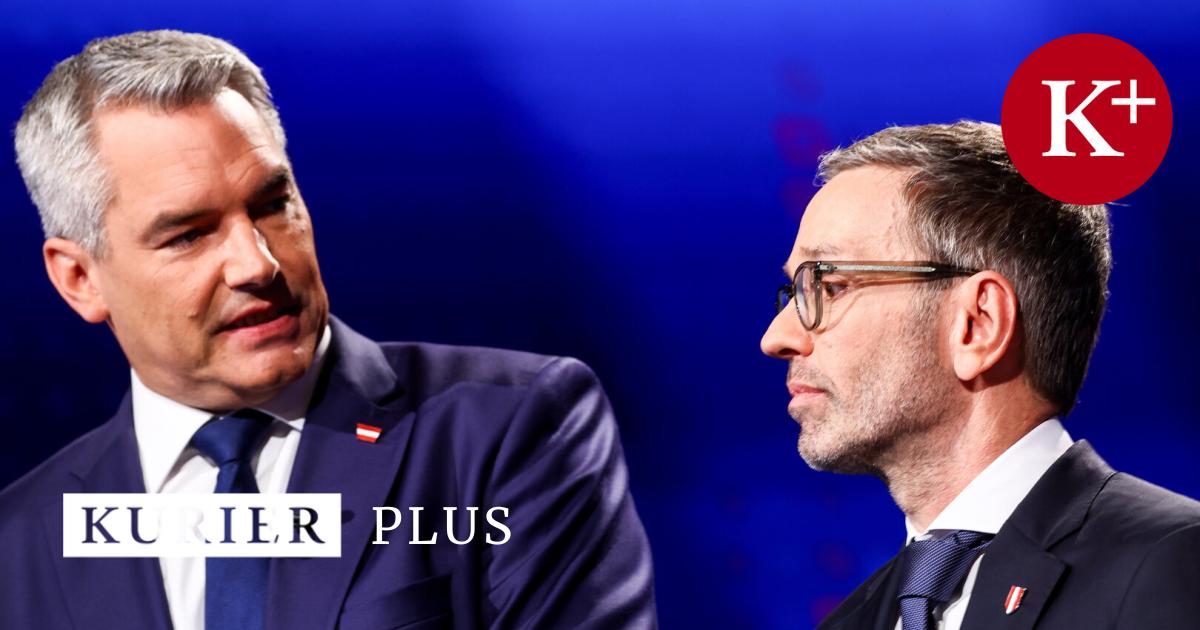“Yes, she can”
October 12, 2024. Often played and yet never told. Kafka’s novel fragment “America / The Verschollene” comes to the stage at the Kammerspiele directed by Charlotte Sprenger. With echoes of the US election campaign.
By Tobias Hell
October 12, 2024. Currently, all eyes are once again on the USA, where one of the dirtiest election campaigns in recent memory is underway for the third time in a row. But if you’re honest, the “land of unlimited possibilities” has actually disenchanted itself for a long time. Even in Franz Kafka’s novel fragment, which was originally published under the name “America”, the New World on the other side of the Atlantic is less a place of longing and more the destination of a journey into the unknown. So it’s hardly surprising that the title “The Disappeared” has become established in recent editions of literary studies.
Failed educational trip
In the stage version that Charlotte Sprenger developed for the Münchner Kammerspiele, both names are emblazoned on the poster. Which gives the director the opportunity to blur the time levels together. Kafka’s thoughts from the 1910s are repeatedly mixed with themes and images from the more recent past: such as this Oxycodone Skandal from the 1990s or with the current election campaign, on which a clear stance is taken with slogans like “Yes, she can”.
And when Edmund Telgenkämper gives his speeches as Senator Jakob, he could just as easily be listening to names like Donald Trump or Jeff Bezos. Times may change, but the rhetoric of those in power rarely does.
It speaks for Sprenger and her dramaturge Olivia Ebert that the Kafka feeling is always noticeable despite some newly written episodes. The protagonist Karl Rossmann, who is sent away from home by his parents after impregnating the housemaid, tries to start a new life here.
But no matter where he finds refuge, happiness and future prospects are usually only short-lived. Be it in his uncle’s business, in the decadent hustle and bustle of high society or in a large hotel, where he finds a job as a lift boy as the soulmate of Thomas Mann’s Felix Krull. Here Kafka takes on the traditional Bildungsroman. Because a development of the “hero” seems more and more unlikely as the plot progresses.
Bright kaleidoscope
Accompanied by a soundtrack that ranges from Antonín Dvořák’s symphony “From the New World” to Frank Sinatra and Elvis to hard electronic beats. Philipp Plessmann is usually responsible for this, as he poses as a living Statue of Liberty for selfies with the audience before the performance begins with the curtain open. He guides you through the events as a kind of narrator, but occasionally takes a seat at the piano to create the right mood.
At a loss with Kafka
The rest of the nine-member ensemble, on the other hand, quickly changes into new, bizarre characters. Jelena Kuljić in particular demonstrates her versatility with her wonderful comedic timing and sensual singing voice.
Its moment comes especially in the second part, when the direction pays tribute to the fragmentary character of the text and raises the production to the meta level. Here, Kuljić, together with Christian Löber and Maren Solty, is allowed to create the possible ending in front of the eyes of the audience. When apparently improvised text passages are rehearsed and discarded, or when the right music is searched for, while those waiting for them make snappy comments or start chatting boredly with the audience.
Only in Karl Rossmann’s final monologue, which the captivatingly versatile Katharina Marie Schubert knows how to recite incredibly poetically in front of a naked, white curtain, does a brief moment of clarity flash through. Only to then, as in the novel fragment, suddenly stop and leave the people in the room similarly perplexed. But that’s just how it is with Kafka. If you’re looking for answers, you have to take action yourself. Sprenger’s production makes this abundantly clear.
American / The missing one
based on the novel fragment by Frank Kafka
Director: Charlotte Sprenger, stage & costume: Aleksandra Pavlović, live music: Philipp PLessmann, choreography: Gili Porat, lighting: Stephan Mariani, dramaturgy: Olivia Ebert, Caroline Schlockwerder.
With: Katharina Marie Schubert, Jochen Noch, Johanna Kappauf, Edmund Telgenkämper, Philipp Plessmann, Christian Löber, Luisa Wöllisch, Maren Solty, Jelena Kuljić.
Premiere: October 11, 2024 at the Munich Kammerspiele
Duration: 2 hours 45 minutes, one break
Glad you read this text
Our reviews are free for everyone. But theater criticism costs money. Support us with your contribution so that we can continue to write for you.


